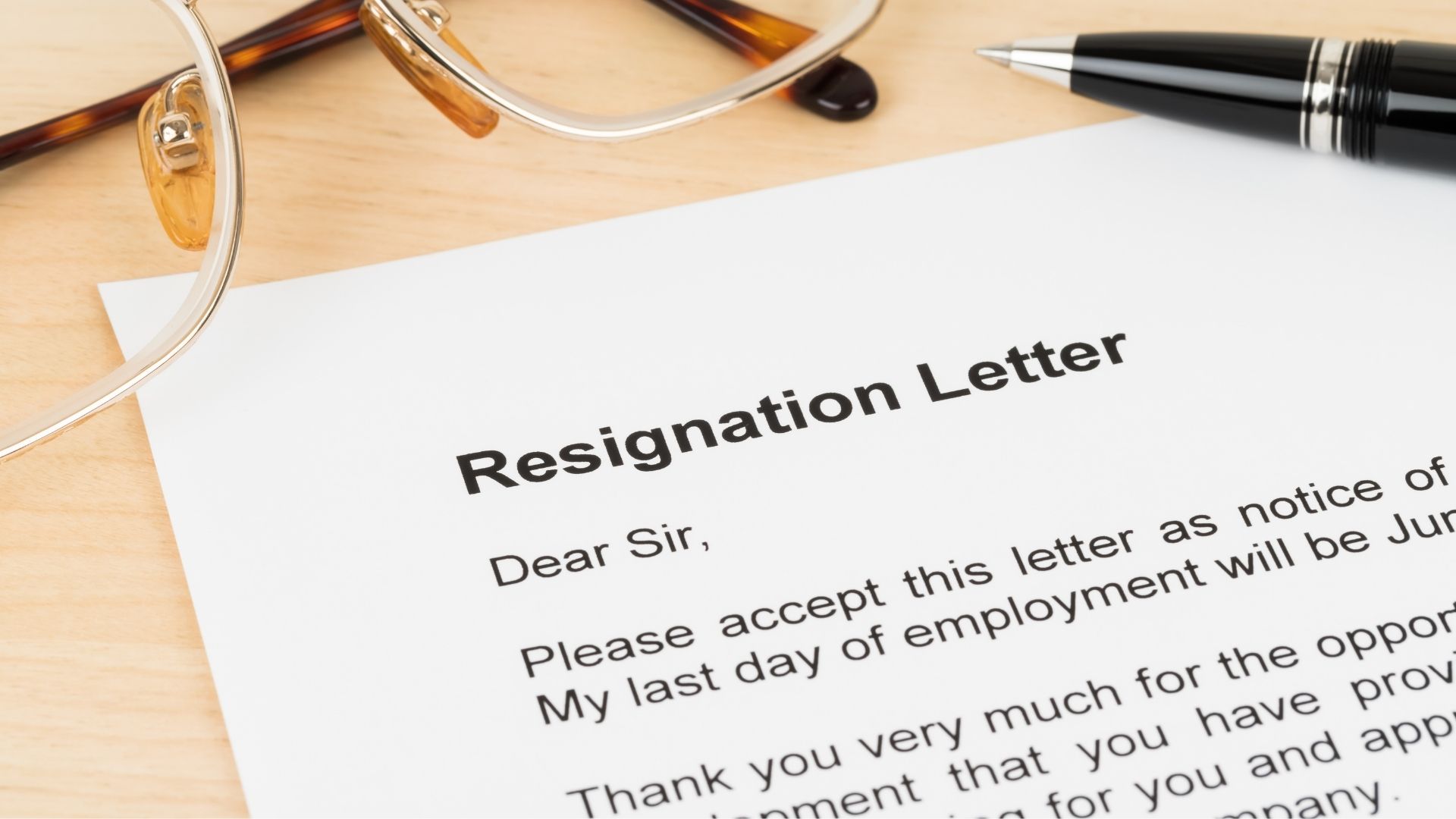Resigning from your job in a professional manner is important to ensure a good reputation moving forward in your career.
You may be faced with questions or a counteroffer from your current employer. The most effective and appropriate way to resign is not as simple as turning in a resignation letter.
Below are some great tips on how to resign professionally and keep your reputation intact.
1. “Why” did you venture out in the first place? Always remember!
Before putting in your resignation, make sure that you are certain of your decision to leave the company. As a valued employee you can almost count on your employer to try to entice you into staying. Exchanges like this often include counteroffers or promises of growth in the future, so prepare yourself for these conversations accordingly. Remember the reasons why you wanted to resign in the first place, and don’t lose sight of them.
2. Familiarize yourself with current employers Resignation Policy.
Check your employee handbook for the required notice period. It is a professional courtesy to follow these guidelines and provide your employer with adequate notice. There may be benefits that are missed out on if you do not follow their guidelines. Always communicate with your current employer about this transitionary period and express that you want to ensure you’re providing them with proper notice, as well as finishing out all your obligations before departing.
3. It is important and necessary to resign face-to-face.
Delivering your resignation notice face-to-face is incredibly effective. It may not be as easy as submitting a letter of resignation, but it is the most professional way to approach the situation. Bring a formal resignation letter with you. It shows confidence in your decision, and ultimately shows respect for your current employers. You should avoid quitting a position via email as it can be seen as incredibly disrespectful and unprofessional.
4. Appreciate what you have learned!
During your exit interview, take the opportunity to thank your supervisor for the experience and the opportunity you’ve had at their firm. We are sure you have learned some invaluable skills during your employment.
5. Keep it short. Avoid lengthy explanations.
If you are resolute in your decision, let your boss know that it’s not necessary to have the additional conversations, as your mind is already made up and you’ve already accepted another position. When asked why you are leaving, the ideal answer is simply “for a better opportunity.” If you are, in fact, leaving for a better opportunity, make sure you have already signed and accepted the new offer before resigning.
6. Positivity and professionalism.
Even after leaving your position you should maintain a positive outlook on what you learned and experienced. Avoid introducing negative commentary to remaining employees, and do not badmouth your current firm on social media!
7. Maintain the responsibilities of your position until your last day.
Don’t throw in the towel before the job is done! Leave on a positive note. Make sure your co-workers have what they need to continue after your departure and refrain from having an “I’m done here!” mentality as you wrap up your last days.
8. Ask for references.
Recommendations and favorable references are key to securing future opportunities in your career. Remember to request recommendations while you are still a part of the team to gain more favorable results, and, possibly set that person up as a professional reference in the future.

